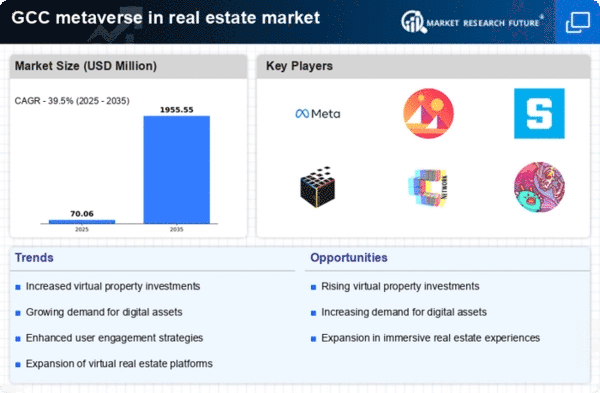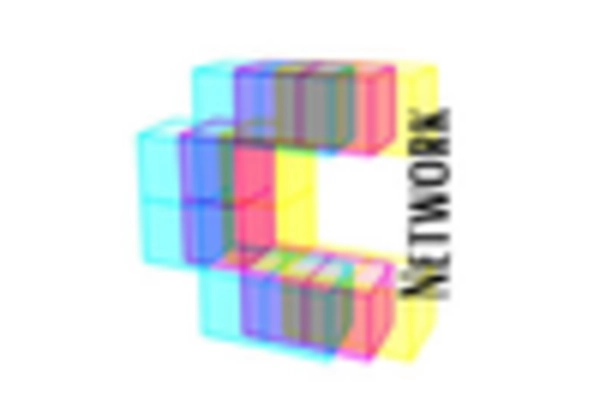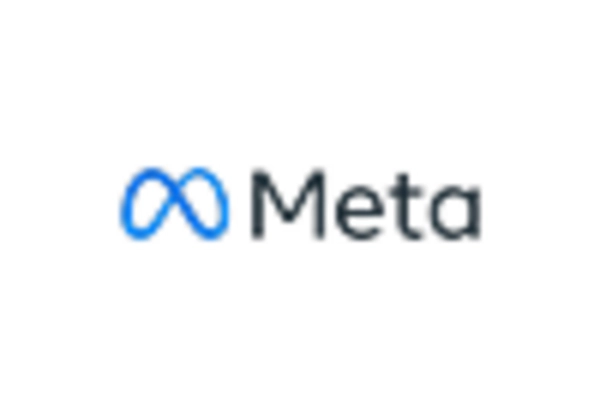Rising Demand for Virtual Properties
The metaverse in-real-estate market is experiencing a notable surge in demand for virtual properties, particularly in the GCC region. As individuals and businesses increasingly recognize the potential of virtual real estate, investment in digital land is becoming more attractive. Recent data indicates that virtual property sales in the GCC have risen by approximately 30% in the past year, reflecting a growing interest among investors. This trend is driven by the desire for unique digital experiences and the potential for high returns on investment. The metaverse in-real-estate market is thus positioned to capitalize on this demand, as more stakeholders seek to establish a presence in virtual environments, leading to a dynamic and evolving landscape for virtual property transactions.
Technological Advancements in Virtual Reality
Technological advancements in virtual reality (VR) are significantly influencing the metaverse in-real-estate market. Innovations in VR technology enhance user experiences, allowing potential buyers to explore virtual properties in immersive ways. The introduction of high-definition graphics and interactive features has made virtual tours more appealing, thereby increasing engagement. In the GCC, the adoption of VR tools has been reported to improve property sales by up to 25%, as clients can visualize spaces before making decisions. This technological evolution not only streamlines the buying process but also attracts a broader audience, including international investors, thereby expanding the market's reach and potential.
Increased Corporate Adoption of Virtual Spaces
The metaverse in-real-estate market is witnessing increased corporate adoption of virtual spaces for various purposes, including marketing, collaboration, and events. Companies in the GCC are recognizing the benefits of establishing a virtual presence, which allows them to engage with clients and partners in innovative ways. This trend is evidenced by a 40% increase in corporate investments in virtual environments over the last year. As businesses seek to enhance their brand visibility and customer engagement, the demand for virtual office spaces and event venues is likely to grow. This shift not only diversifies the metaverse in-real-estate market but also creates new opportunities for developers and investors.
Growing Interest in Virtual Community Development
The metaverse in-real-estate market is experiencing a growing interest in virtual community development, as users seek to create and participate in engaging digital environments. This trend is particularly pronounced in the GCC, where developers are focusing on building virtual neighborhoods that foster social interaction and collaboration. Recent surveys indicate that 60% of users express a desire to engage in community-driven virtual spaces. This interest is likely to drive demand for virtual properties that offer communal features, such as shared spaces and events. As developers respond to this demand, the metaverse in-real-estate market may evolve to include more community-oriented projects, enhancing user experience and satisfaction.
Emerging Investment Opportunities in Digital Assets
Emerging investment opportunities in digital assets are reshaping the metaverse in-real-estate market. Investors are increasingly looking towards virtual land and properties as viable alternatives to traditional real estate investments. The GCC region has seen a rise in investment funds dedicated to digital assets, with estimates suggesting that investments could reach $1 billion by 2026. This influx of capital is likely to stimulate market growth and innovation, as new projects and platforms emerge. The potential for high returns, coupled with the novelty of digital assets, is attracting a diverse range of investors, from tech-savvy individuals to institutional players, thereby enhancing the overall market landscape.

















